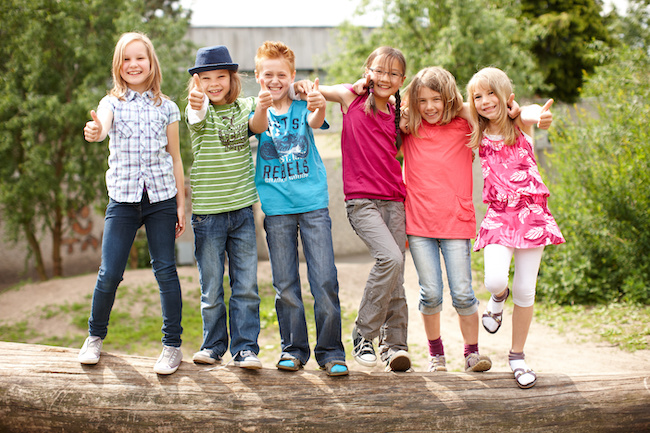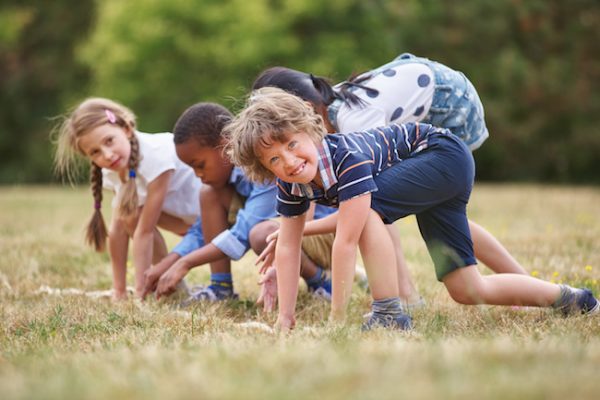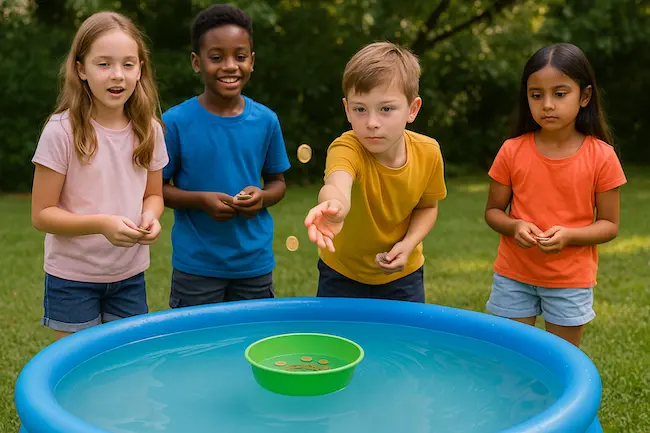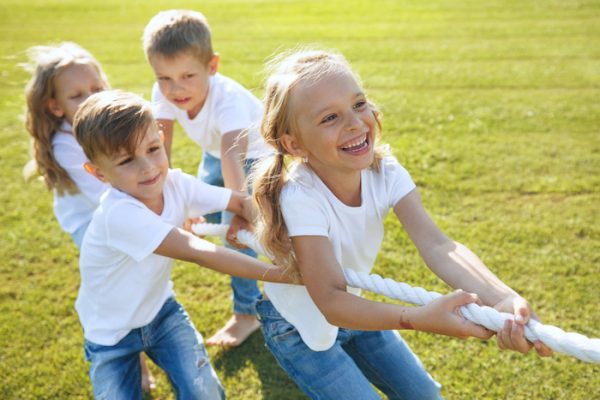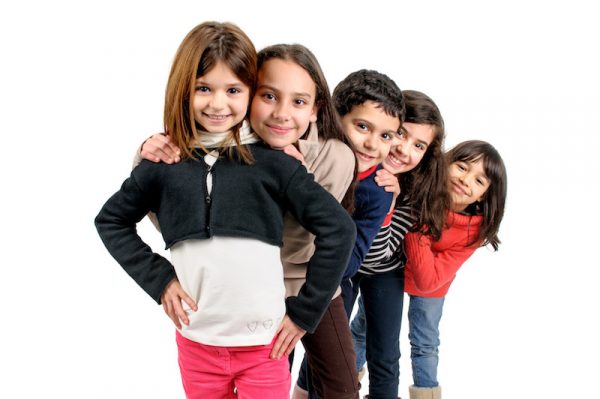Riddle Race: A Brain-Boosting Outdoor Challenge for Kids
The Riddle Race game for kids is a thrilling mix of mental puzzles and physical action—perfect for turning any group activity into a fun-filled adventure. Whether you’re organizing a birthday party, a summer camp, or a school field day, this brainy relay keeps kids running, thinking, and laughing together.
Let’s explore how this unique activity turns riddles into a fast-paced game that builds teamwork, logic, and excitement.
What Is the Riddle Race?
This outdoor activity transforms a classic relay into an engaging puzzle quest. Players race between checkpoints, solving riddles to unlock the next clue. The faster they crack the riddles, the quicker they can reach the finish line.
It’s not just about speed—it’s about brains, strategy, and staying cool under pressure. This group challenge is great for ages 7 and up and works wonderfully at school events, birthday parties, or backyard family fun days.
For a spy-themed twist on movement and logic, try this exciting secret agent riddle challenge—perfect for imaginative kids who love to decode clues on the go!
Game Sheet
Before setting up your Riddle Race, here’s a quick overview of what you’ll need:
- Number of players: Minimum of 6 children
- Ages: 7 years and up
- Setting: Outdoors (park, backyard, schoolyard)
- Materials:
- Riddles written on cards or paper
- Markers to define the course and checkpoints
- Optional timer to add a competitive edge
- Small prizes to boost motivation
- Play time: Around 30 minutes
This flexible setup works for both small birthday groups and large class events.
Want to boost coordination and laughter? Don’t miss our energetic Jumble Tumble action game, ideal for high-energy party fun!
Why Your Kids Will Love This Game
Looking for a party game that combines movement with brainpower? Riddle Race checks every box:
- Combines logic challenges with outdoor fun
- Encourages teamwork and competition
- Offers a dynamic change from standard relay races
- Customizable with themes, prizes, or educational content
Plus, the riddles can be tailored to any topic—perfect for a science-themed field day or a nature-inspired birthday party.
For a fun mix of trivia and excitement, check out our playful balloon pop quiz challenge—a great way to get kids thinking fast while bursting with fun!
Riddle Race Game Rules (How to Play)
Follow these easy steps to run a smooth Riddle Race game:
- Create a course with a start and finish line. Add checkpoints with riddles.
- Divide the players into teams or let them play individually.
- At the start signal, players race to the first checkpoint.
- There, they must solve a riddle to receive the next clue or location.
- They continue this way, checkpoint to checkpoint, until reaching the final challenge.
- The first team or player to solve all riddles and reach the finish line wins!
You can also assign a game master to check answers, hand out clues, or offer hints if needed.
Looking to train memory and focus? Try our engaging What’s Missing observation game, perfect for sharpening attention in a playful way!
Fun Variations to Try
Add twists to your Riddle Race to keep kids excited and engaged:
- Theme-Based Riddles: Focus on animals, fairy tales, geography, or holidays.
- Relay Format: Each team member solves one riddle before tagging the next.
- Obstacle Rounds: Add jumping, crawling, or balancing between checkpoints.
- Night Race: Give kids flashlights and play in the dark for extra mystery.
- Learning Mode: Use school-friendly riddles for a math, science, or vocabulary review.
These fun changes keep the game fresh and adaptable to all ages and events. For a lively group activity that builds teamwork and quick thinking, explore our fun-packed Pass It On relay game—perfect for any party setting!
Educational Benefits of Riddle Race
This game isn’t just fun—it also builds valuable developmental skills. Here’s what kids gain:
- Critical thinking: Riddles build logic and problem-solving.
- Teamwork: Group races promote cooperation and communication.
- Physical activity: Running boosts energy, agility, and stamina.
- Listening skills: Kids must focus to hear, understand, and respond.
- Creativity: Solving tricky clues stretches the imagination.
- Fast decision-making: The race format helps kids think on their feet.
Whether for the classroom or the playground, Riddle Race is a smart way to blend education and entertainment. Want even more clever challenges like Riddle Race? Browse our full collection of thinking and logic games for kids—perfect for curious minds who love to solve, guess, and play smart!
FAQ: Riddle Race Game for Kids
- Can I play this game indoors?
It’s best suited for outdoor spaces, but it can be adapted for a gymnasium or large indoor hall by using stations around the room. - What kinds of riddles should I use?
It depends on your group! Choose simple wordplay for younger kids or logic puzzles for older ones. Try riddles related to the party theme or school subject for extra fun. - Can the game work with small groups?
Yes. Even with six kids, you can split into pairs or play as individuals. Reduce the number of checkpoints if needed. - How do I make it fair for different ages?
Mix team ages or assign easier riddles to younger players. You can also add bonus hints or let younger kids team up with adults or older children. - Is it possible to use this game in an educational setting?
Absolutely! Many teachers and homeschoolers use Riddle Race for vocabulary practice, math review, or science-themed challenges. It’s a great active learning tool.
Ready to bring laughter, learning, and a little competition to your next event? The Riddle Race game for kids is the perfect combo of brainpower and movement—easy to organize, endlessly fun to play.
Looking for ready-to-print mystery adventures? Discover our PDF treasure hunt and escape room kits for kids—perfect for ages 4 to 12 and ideal for birthdays, classrooms, or family fun!


